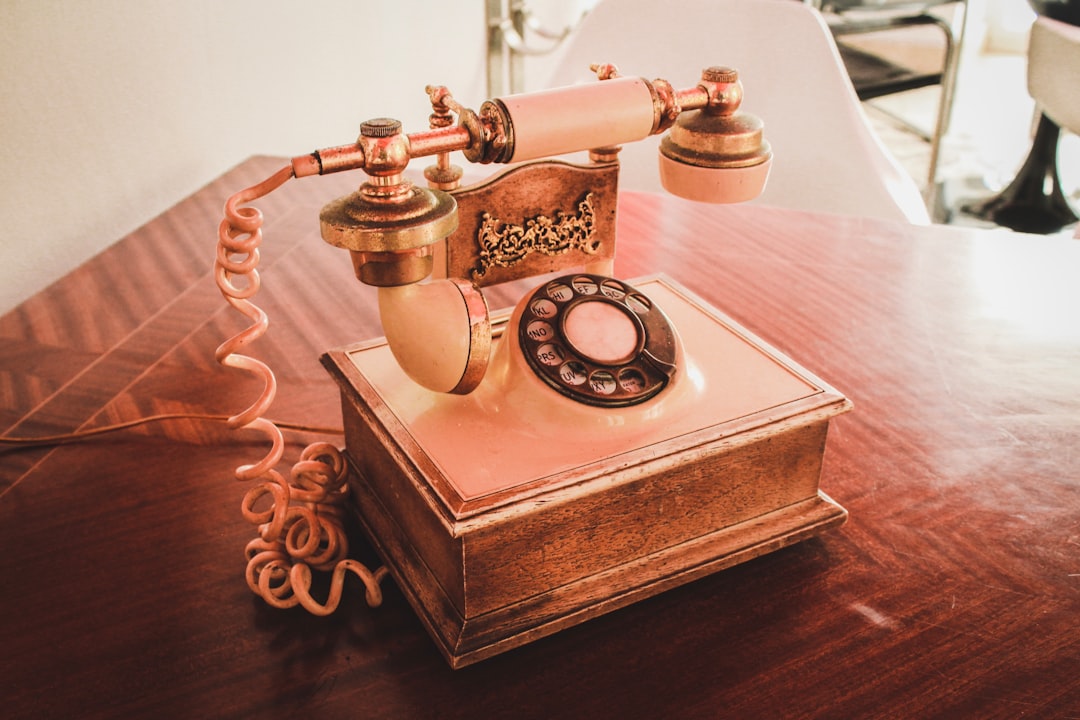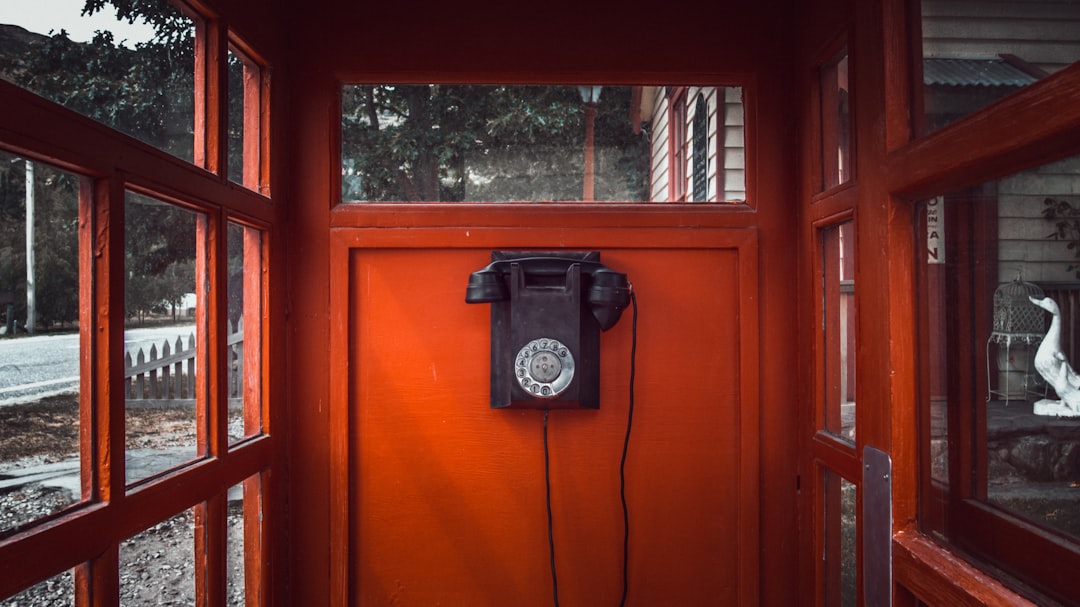VoIP's rapid growth in Maine, driven by smartphone and internet trends, brings both opportunities and challenges for businesses, especially regarding Do Not Call laws. As Maine's telecommunications shift towards VoIP, lawyers specializing in Do Not Call regulations are crucial to ensure compliance, protect residents from unwanted calls, and navigate the evolving digital landscape. A multi-strategic approach, including advanced caller ID systems, policy training, regular audits, and engaging a specialist 'lawyer for Do not Call Maine', is essential to manage these complexities successfully.
“VoIP (Voice over Internet Protocol) has transformed communication, especially in Maine, where its adoption has skyrocketed. This article explores the impact of VoIP on Do Not Call compliance laws, a critical issue for residents and businesses alike. We delve into the challenges posed by VoIP’s dynamic nature, particularly regarding call tracking and blocking. Moreover, we offer insights from a lawyer’s perspective, providing strategies for effective VoIP Do Not Call management to ensure compliance in the ever-evolving telecommunicatons landscape.”
Understanding VoIP and Its Rise in Maine

Voice over Internet Protocol (VoIP) has transformed communication in Maine, offering flexibility and affordability to residents and businesses alike. This technology allows voice calls to be transmitted over internet networks, eliminating the need for traditional telephone lines. With the widespread adoption of smartphones and high-speed internet, VoIP usage has skyrocketed in recent years, especially among younger generations and tech-savvy businesses.
Maine’s telecommunications landscape has seen a significant shift towards VoIP services, prompting discussions around Do Not Call compliance. As more calls are routed through digital channels, it becomes essential for lawyers specializing in Do Not Call laws in Maine to stay updated on these technological advancements. Understanding VoIP is crucial for ensuring that call handlers and businesses adhere to the state’s regulations, protecting residents from unwanted telemarketing calls and fostering a harmonious communication environment.
The Challenges of Do Not Call Compliance with VoIP

The rise of Voice over Internet Protocol (VoIP) has significantly impacted various industries, including telecommunications and consumer privacy. While VoIP offers numerous advantages, it also presents unique challenges for Do Not Call compliance in Maine. One of the primary issues is tracking and identifying calls originating from these services. Unlike traditional telephone lines, VoIP numbers can be dynamic and shared across multiple devices and users, making it harder to distinguish between legitimate calls and unwanted telemarketing attempts.
Additionally, the legal framework surrounding Do Not Call regulations often lags behind technological advancements. Maine’s laws, which are in place to protect residents from excessive telemarketing calls, may not explicitly address VoIP services. This gap can lead to ambiguities in enforcement, as it becomes challenging for regulators and lawyers for Do not call Maine to determine the origin and intent of calls made through VoIP platforms. As a result, businesses must remain vigilant and ensure they adhere to these regulations to avoid penalties and maintain customer satisfaction.
Strategies for Effective VoIP Do Not Call Management: A Lawyer's Perspective

VoIP technology has significantly impacted how businesses manage their calls, raising new challenges for do not call compliance in Maine. From a lawyer’s perspective, effective VoIP do not call management requires a multi-faceted approach. One key strategy is to implement robust caller identification systems that accurately capture and display information, enabling recipients to easily identify and block unwanted calls.
Additionally, businesses should establish clear policies and procedures for handling incoming calls, including training employees on the importance of respecting privacy rights and adhering to legal guidelines. Regular audits and monitoring of call data can help identify patterns of non-compliance and allow for prompt corrective action. Engaging a specialized lawyer for Do not Call Maine can also be beneficial, providing expert guidance tailored to VoIP’s unique complexities.






